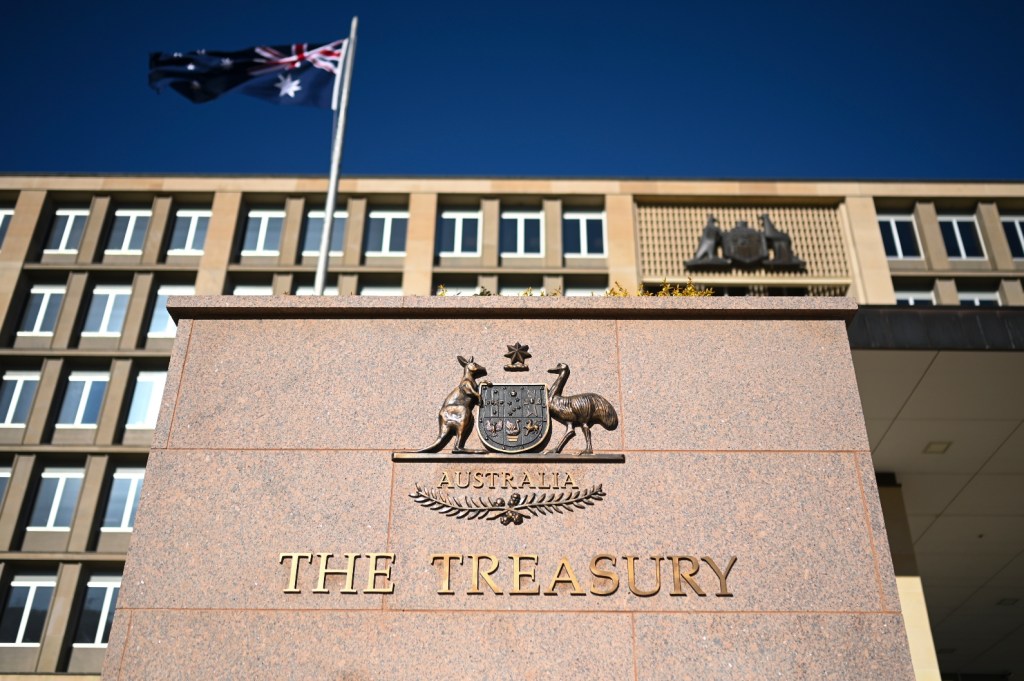
Professional accounting bodies have hit out at the federal government’s latest proposals aimed at tightening aspects of tax agent regulation following the release of two documents for public consultation.
The two documents have a January 21 deadline for public comment and relate to beefing up the Tax Practitioners Board (TPB) powers related to sanctions as well as adding sections to the Code of Professional Conduct to clarify what is meant by confidentiality and disclosure of conflicts.
CPA Australia and Chartered Accountants — Australia and New Zealand have both identified issues of concern that require further consideration by the Federal Government before they are finalised.
Gavan Ord, the senior manager of business and investment policy at CPA Australia, said the accounting body supported a discussion paper proposing additional sanctions that the TPB could levy at tax agents that go rogue.
“This should improve their ability to address poor behaviour. This includes the proposed reintroduction of criminal penalties for unregistered agents,” Ord said.
“We do have some concerns about how the provisions are to be drafted and whether they will be proportionate and targeted.”
Ord said that CPA Australia believes that the other consultation document — a regulation that adds provisions to the Code of Professional Conduct for tax agents — represents a shift away form a principles-based approach to regulating tax agents.
The revisions to the Code of Professional Conduct add more detail to definitions of conflicts of interest and confidentiality as a result of the TPB’s finding against PwC and its former partner, Peter Collins, that involved the sharing of information subject to a confidentiality agreement.
“The proposed new obligations for tax agents represents a shift away from the principles-based approach of the current TPB Code of Professional Conduct. This more legalistic approach may create ongoing challenges for the regulator and those they regulate,” Ord said.
“We’re not certain whether some of the proposed obligations should sit within the Code or should be placed elsewhere. For instance, obligations on confidentiality and managing conflicts of interest should apply equally to all participants in government consultations, not just tax agents.”
A spokesperson for CAANZ said that chartered accountants in public practice are concerned about the impacts of a range of changes being flagged by the Federal Government will have on compliance costs, personal risk, professional indemnity insurance premiums, and the prospect of further regulatory reviews.
The chartered accountants’ professional body also raised concern that there is a limited amount of time for the sector to respond to proposals given the timing of consultation.
“The government’s consultation guidelines require at least 30 to 60 days, and longer when they fall around holiday periods,” the CAANZ spokesperson said.
“Tax practitioners officially have 42 days to consider these changes, but 23 of these days occur over weekends and the Christmas lockdown, leaving just 19 days to deal with significant changes when many people are dealing with important year end transactions or taking extended leave for school holidays.
“The tax system is important, and the government should ensure there is time for considered responses to its proposals.”
Tony Greco, the tax policy expert for the institute of Public Accountants, observed that one of the key drivers for the changes were the cultural issues in the larger firms that have been identified in recent times.
READ MORE:

